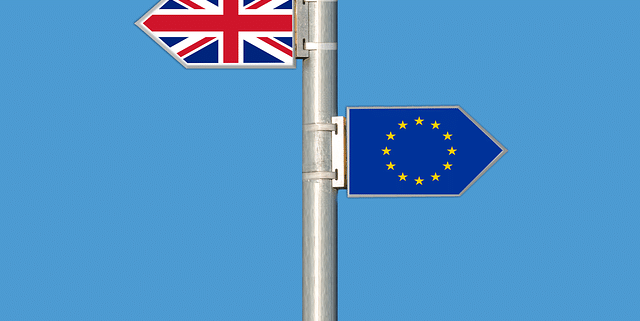How interpreting and translation services influenced Brexit
One of the most if not the most talked about event in the UK this past year has been that of the Brexit vote. The drama of the vote has seen the British public show their translation of their lack of faith in the European Union which they then decided on a vote to end ties with the EU and the agreements.
By voting to opt out of the EU with a view of an independent UK in control of their own borders and able to set up new trade agreements has led to a major split within the countries that make up the UK as the vote was a close one. Brexit had even seen former Prime Minister David Cameron, who previously campaign against the EU step down from his position which has since seen Theresa May take over as PM. Not to mention the financial translation the Brexit vote has had so far for the pound (GBP).
This major split has been highlighted in the way the media have gone about reporting the story and can be clearly seen in how the major newspaper services interpretation of the stories surrounding Brexit. Of the major newspapers in the UK the Daily Mail and The Telegraph are pro Brexit whilst The Guardian is pro remain and this is clearly seen in their articles which has been underlined by Francesco Guerrera for Politico.eu, he compared both the Daily Mail’s and The Telegraph’s headlines in a recent speech by German chancellor Angela Merkel implying that Merkel had given in or softened her stance to adhere to the British government’s requests regarding immigration, with the main focus on the story being that she stated the EU will need to further discuss the laws on freedom of movement.
Angela Merkel did indeed say that but with headlines of “Merkel Hints at New Migration Limit” you would think its 1-0 to the UK. When in fact she went on to explain that freedom of movement within the EU is not negotiable as it is one of the four fundamental freedoms and rather than stop that Merkel was indicating a discussion on clamping down on “benefit tourism” which is where migrants abuse a countries welfare system. So you can clearly see the way these outlets influence their readers, perhaps it’s just isn’t professional German translation services they are using who knows.
But translation agencies beside, The Guardian themselves have admitted that 56% of their articles about Brexit have been led with headlines such as “the pound will weaken”, “unemployment will rise”, and “racism will increase”, to name a few but as you can see these extreme headlines are obviously put in place to have an influence of readers opinions.
It’s well known that media outlets are used in manipulating views and opinions; do you think you have been swayed by this? What do you make of these interpretations?



